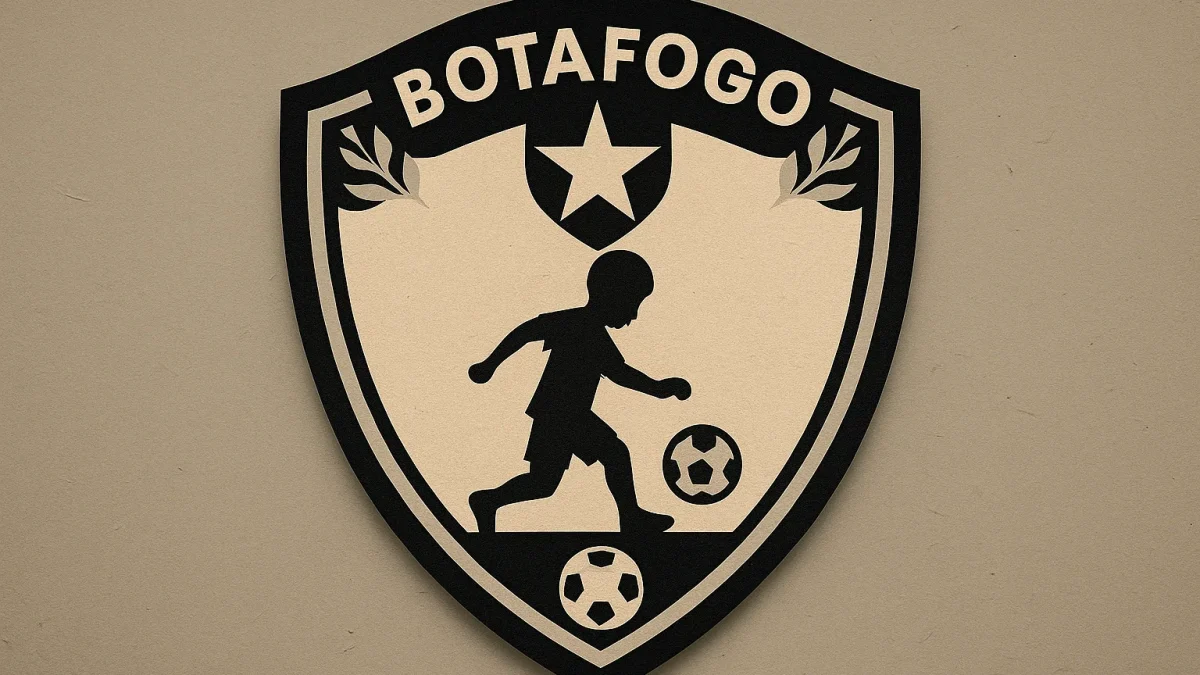
The first thing many people saw was a side‑by‑side image and a caption that said a club had “decided to sign him.” It came packaged with loaded words about survival and destiny. The photos made the rounds and the comments piled up, from awe to awkward advice. That framing pulled attention, but it also flattened a boy into a before‑and‑after. The fuller picture is quieter, beginning with a kid who just wants to play.
Bernardo Lopes is 11. He lives in Santa Izabel, in São Gonçalo, and he trains after school. When he was a baby he suffered severe scald burns, then months of hospital care and skin grafts. These are public facts, not headlines to be chased. They explain what you might notice in a photo, and nothing more about who he is on a field.
The football story runs through family and neighborhood. A local project run by his uncle gave him his start, then sessions at CT Meninos de Ouro, operated by RCS Atletas, sharpened his habits. During a tournament day at Estádio Nilton Santos, club scouts took notice, invited him back, and the door opened.
His first official game came on September 21 in the Taça Edilson Silva, a 2–1 win over Resende. The result is a small line on a long calendar, and for him it was the first line that counts.
For context, the club has been reshaping its youngest tiers. Over 2024 and into 2025, Botafogo internalized the Sub‑11 through Sub‑14 categories and moved training into Nilton Santos with defined methodology and a full multidisciplinary staff. The club’s health and performance group held parent sessions for these age groups to walk families through support systems and expectations. That structure matters for any child in a high‑visibility environment, and it matters even more when a story goes viral.
What matters most is the football
There has also been noise. Some posts mislabeled his team as Sub‑12. It is Sub‑11. Others implied a professional contract. At 11, there is no professional deal. Under Brazil’s current rules, clubs recognized as certified “club formador” can offer a formation agreement from age 12. Before that, the step is academy registration to play, not employment. The distinction is basic, and it protects kids.
Away from the semantics, the conversation online has swung between celebration and concern. Many people wished him success and asked that he be shielded from the worst parts of the internet. Others fixated on his appearance or suggested surgeries. All of that misses the point. The point is the ball at his feet, the routine he is learning, and the adults who are responsible for keeping his world small enough to be healthy.
The club’s history gives that routine some weight. Garrincha once wore the same crest, and the badge has sent talent around the world for generations.
Recent years have put Botafogo back into transfer conversations as well, a reminder that the road from academy to senior football is real, even if it is long. Those connections underline why patience is the most valuable commodity in any academy.
There is no need to gild this. An 11‑year‑old made a debut for Sub‑11, in a game his team won. He comes from a family and a neighborhood that made space for this chance. He trains where the club has invested in bringing the youngest groups under one roof. If the attention stays, it should stay on whether he enjoys it, learns, and keeps going. That is enough of a story, and it belongs to him.